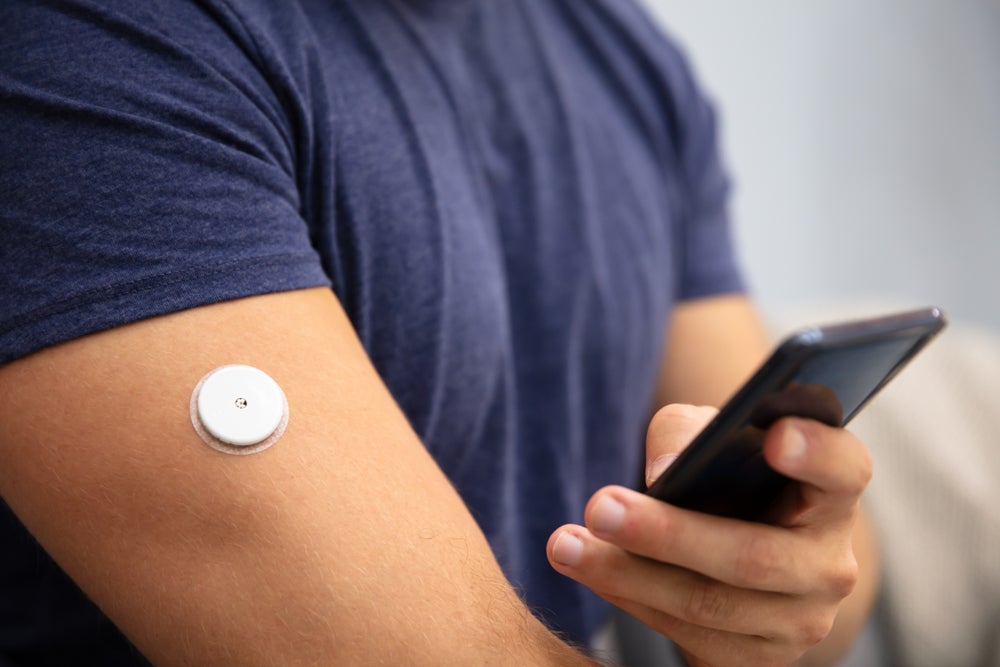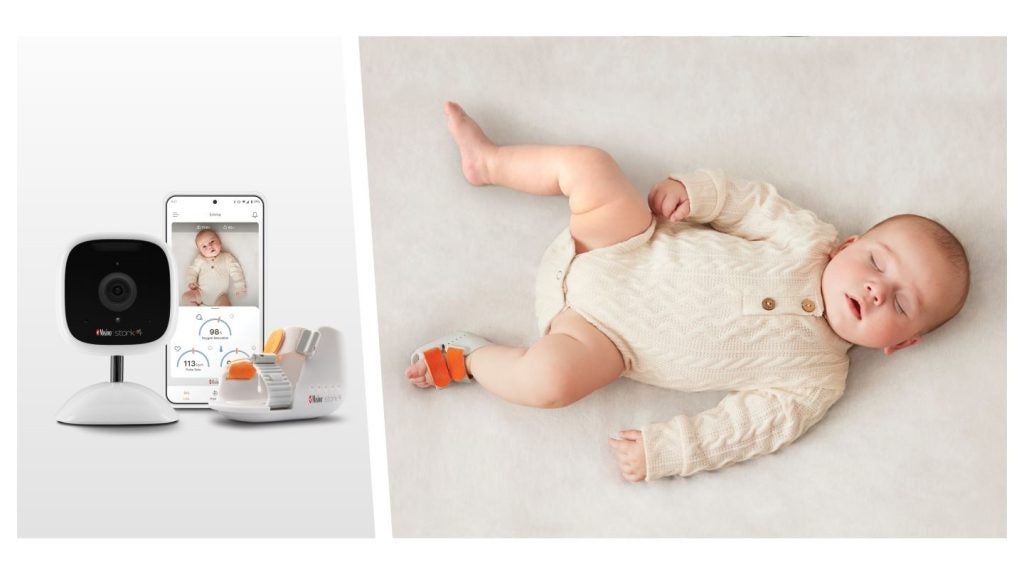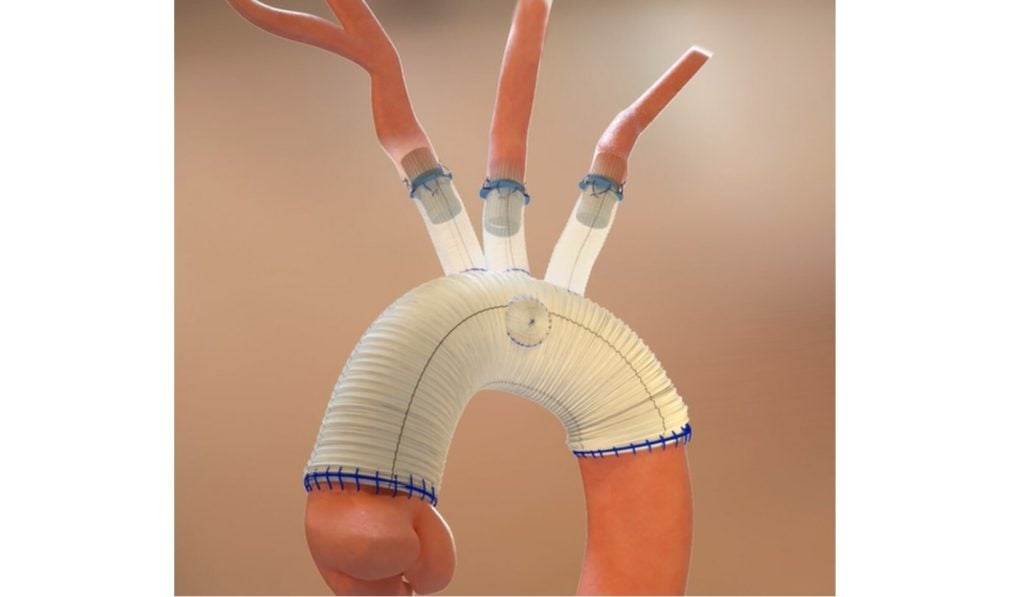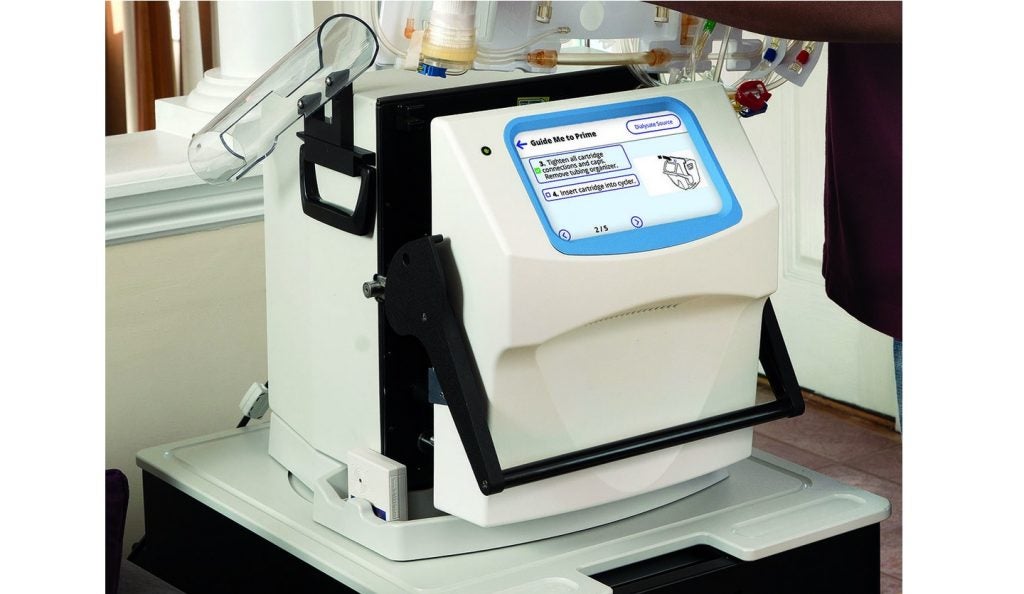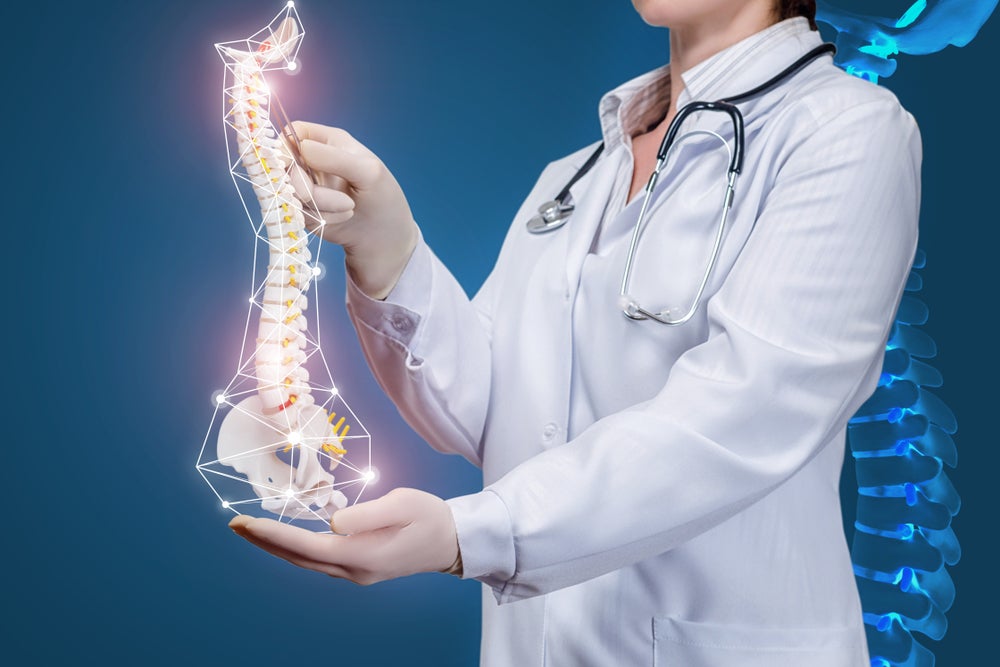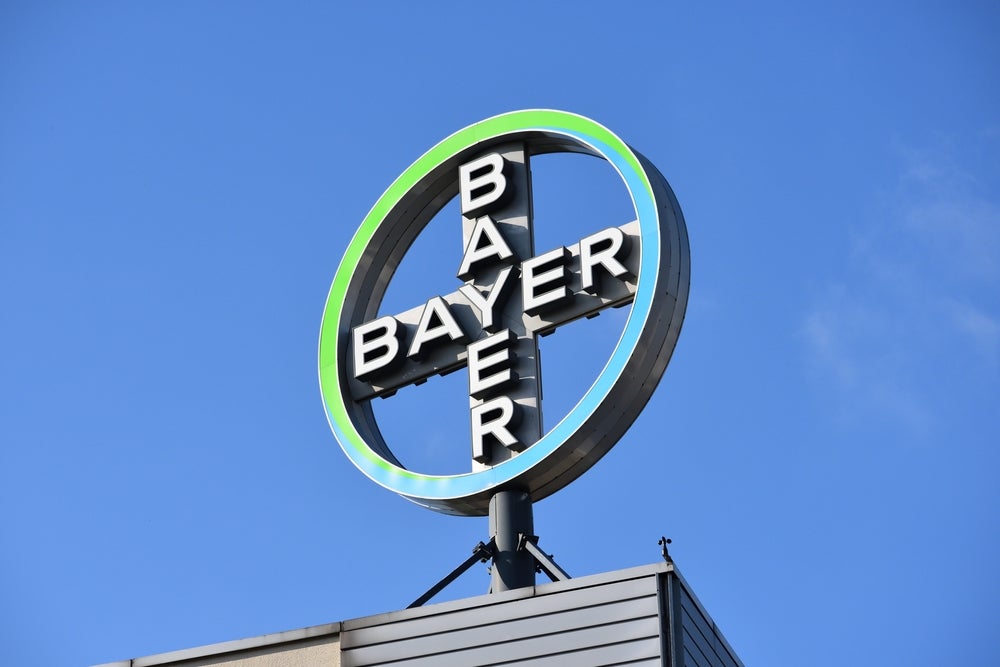Maryland-based health care and software company, WellDoc has announced it has received an eleventh FDA 510(k) clearance, for its diabetes digital health solution, BlueStar.
A continuous glucose monitoring (CGM)-informed bolus insulin dose calculator has been added to the device and the new clearance will support insulin dosage recommendations based on the patient’s most recent data.
WelldDoc said the feature will help enhance the platforms coaching abilities to improve patient dietary planning.
WellDoc also stated that the new functionality will support organisations providing diabetes management services.
Dr. Grazia Aleppo, a practicing endocrinologist, with the Feinberg School of Medicine at Northwestern University said: “With this clearance, Welldoc is filling a significant gap for people who require complex insulin regimens. By connecting directly with CGM data and using both glucose values and trend arrows, the BlueStar solution will provide precise and in-the-moment insulin dosing guidance directly to individuals, helping them reach their glucose targets.”.
According to Welldoc, they are the first company to receive clearance for a CGM-informed bolus calculator built for adults managing their diabetes with daily injections of insulin.
The firm was also awarded 2023 BIG innovation award in January 2023 for the BlueStar platform.
A report from GlobalData shows that the continuous glucose monitors market value is growing, largely due to the Covid-19 pandemic boosting its popularity. GlobalData forecasts that the continuous glucose monitors market will reach $8.4 billion by 2030.


